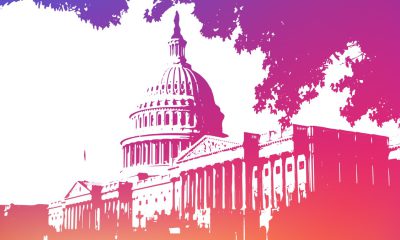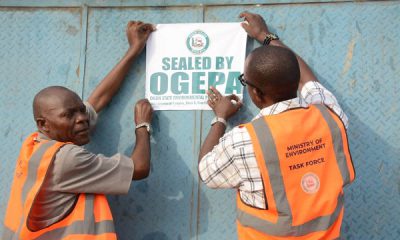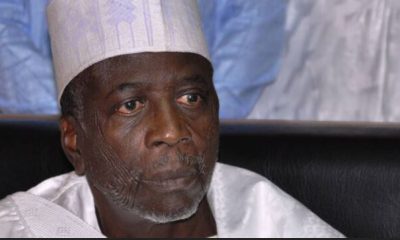NNU Update
US President Joe Biden ‘considering’ ending prosecution of Julian Assange after Australia urged U.S. to drop the WikiLeaks founder’s case
US President Joe Biden has revealed he’s considering ending the prosecution of Wikileaks founder Julian Assange.
Back in February, Australian Prime Minister Anthony Albanese requested that the years-long prosecution of Assange be ended and that he be returned to his native Australia.
We’re considering it,’ Biden told reporters when asked about Assange as he walked with Kishida along the colonnade of the White House after Wednesday’s welcome ceremony on the South Lawn.
Biden is hosting a fellow member of the Quad, Japanese Prime Minister Fumio Kishida, at the White House for an official state visit.
Assange is in custody in the United Kingdom. Thursday will mark five years since Assange has been in British custody.
Assange is facing espionage charges in the United States after his 2010 publication of classified United States Army intelligence material, including footage of U.S. airstrikes in Baghdad, diplomatic cables, and classified communications from the wars in Afghanistan and Iraq.
One video showed a U.S. military helicopter killing civilians in Baghdad including two Reuters journalists, mistaking camera equipment for weapons.
Wikileaks was provided the information by former U.S. Army intelligence officer Chelsea Manning, who initially was sentenced to 35 years in prison, but was released in 2017 when President Barack Obama commuted her sentence.
Biden, then the vice president, referred to Assange as a ‘high-tech terrorist’ in a December 2010 interview on Meet the Press.
Assange was first arrested in London in 2010 as he was wanted for questioning by the Swedish, accused by two women of rape and sexual assault.
In 2012, he was granted political amnesty at the Ecuadorian Embassy in London and stayed there – essentially imprisoned in the house – until 2019, when the Ecuadorians revoked his amnesty.
At that time, members of the London Metropolitan Police entered the residence and arrested Assange.
He was charged with conspiracy to commit computer intrusion related to his involvement with Manning, a 2018 charge that had previously been unsealed.
The Department of Justice added 17 espionage charges to the case in May 2018.
The charges carried a maximum sentence of 170 years in prison.
And in June 2020 a grand jury expanded the indictment of Assange, alleging he recruited and conspired with hackers to get information for Wikileaks.
Since then, Assange and his legal team have fought efforts to have him extradited to the U.S. to face these charges.





















